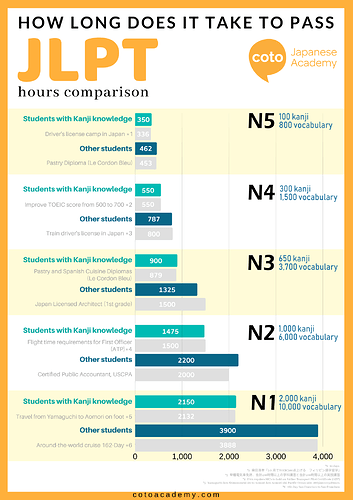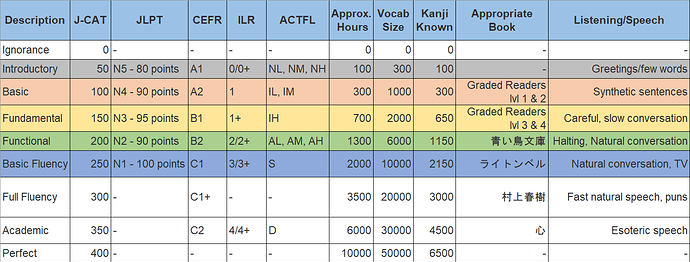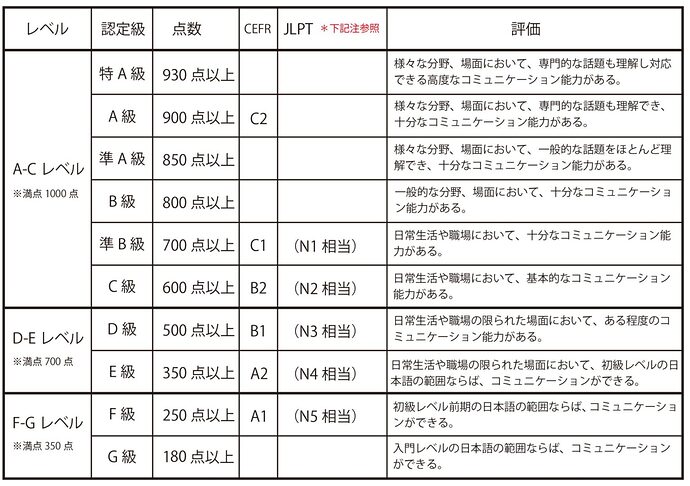Hello,
I have seen already some similar posts talking about this, but I wanna share my personal experience and I wish to get a bit of support or encouragement from veterans or people in the same situation as me.
I have been studying now for around 1 year, but probably seriously study 8 months (2 to 4 or even more hours every day!), trying to never skip a day, one review daily and a new grammar point (halfway through N4), WK everyday level 13 (I start to slow down recently because WK tries to suck the life out of me), Kitsun for words (mostly keep tracking of what I know and learn + a few new words daily).
Lingq, tried to read all the basic stuff I can find, a minimum 2 short stories every day.
I will add to this my Japanese girlfriend who is a good supporter, but bad at explaining why sentences follow that structure and not another  (not surprised, I can’t explain as well in my own language).
(not surprised, I can’t explain as well in my own language).
Also, I lived and have been in Japan for around 6 months, but I am always exposed to Japanese even in London (not the same But I had a chance to talk with my Japanese friends often).
So everything looks like a good schedule right? a lot of effort and time on my side to try to take the max out of it.
But… I can’t even understand simple N4 sentences on Bumpro sometimes, or when people talk to me I still don’t understand, keep forgetting words I know very well, or not be able to catch them in a conversation.
Sometimes I can’t read kids’ books, I have to spend 30 min on a page reading over and over, or translating them at the end and just after they sound familiar.
But I got to the point when I started to feel frustrated… It is normal? I’m asking too much in a very short time? It takes years to get to the point where I can open a kid’s book in the library and read it without having trouble?
I know every expect of this language looks like a challenge (reading, speaking, kanji, grammar) and obviously, I don’t expect anything to happen like magic, I work in the art field and it took me my entire life and study to be a professional in my field, and I see this is as an equivalent challenge, so I do understand the marathon thing but obviously life is just one 
This is already to long so… I will stop here, but experience or advice to share are really appreciated.
Thanks for the attention 






